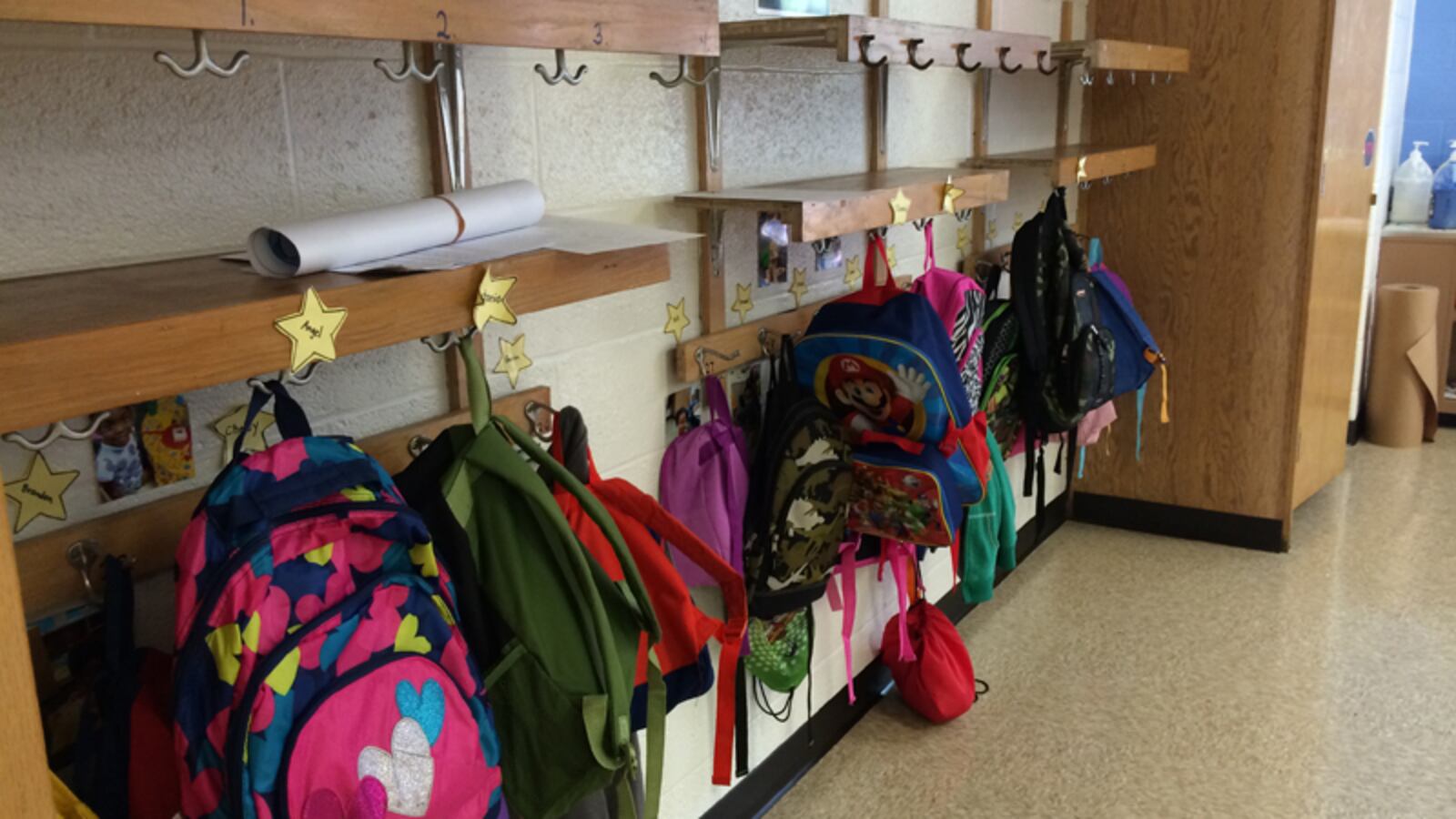The thousands of poor Indiana children who will attend new publicly funded preschool programs this year through Gov. Mike Pence’s state preschool pilot and an Indianapolis program sponsored by Mayor Greg Ballard all have one thing in common.
They all must be legal U.S. residents.
Children who are in the country without permission aren’t welcome into either the state or Indianapolis preschool program.
How can public schools be barred from excluding those kids while publicly funded preschool programs are free to do so?
Indianapolis program leaders say they’re following the state’s lead. State officials say they’re following federal guidelines. And while federal law does, indeed, require schools to give all children fair and equal access to public education regardless of citizenship, the rule starts in kindergarten.
“I don’t think that anybody was consciously saying, ‘We want to exclude or not be welcoming,’ but there were some boundaries that we had to identify in terms of who could we serve with public dollars and federal dollars,” said Beth Stroh, who administers the city preschool program through the United Way of Central Indiana.
The state says it’s not allowing non-U.S. citizens into the program to stay in line with the rules of its other programs.
“This maintains consistency in policy among our early childhood education programs,” said Jim Gavin, a spokesman for the Indiana Family and Social Services Administration. “The Child Care and Development Fund and Early Education Matching Grant programs also require that the eligible child be a citizen.”
But immigrant advocates say the rule unfairly excludes kids, arguing it prevents children who are already at risk for difficulty in school from getting the same early help their future classmates in similar circumstances can receive.
“It’s a shame,” said Indianapolis immigration lawyer Fatima Johnson. “They’ll be behind everyone else. If only a portion of kids are kindergarten-ready, how much money and resources do you have to spend later to catch the kids up?”
Read more: Lost in Translation: Struggle and success as language barriers reshape Indianapolis schools
The number of children who could be excluded because of this requirement is likely small. Children born in the U.S. to parents who are in the country without permission, which are estimated to account for 88 percent of all children of immigrant parents, are U.S. citizens by birth and therefore welcome into the program. And so are refugees with legal status. Indiana is estimated to have 10,000 foreign-born children under age 16 who are not U.S. citizens, according to the Migration Policy Institute.
Some school districts have found a way to accommodate preschool-age children who are in the country without permission.
Wayne Township, on Indianapolis’ West side, is a participant in the state’s On My Way preschool program. Superintendent Jeff Butts said the district accepts all students for its preschool program. But if they don’t qualify for the state preschool program they can still get tuition help through a federal poverty program. The district’s preschool offers 80 preschool spots funded by the federal grant. Citizenship is not a requirement for that program.
Stroh said the state and city programs tried to invite children from families that don’t speak English fluently to apply. The state translated its applications into English and Spanish. Stroh said the city added French, Burmese and Chin, another common language spoken by immigrants in Indianapolis.
But she said they didn’t follow through with that throughout the entire process. The information that was sent to the families who were accepted into the program was only in English, Stroh said.
“We did make an effort,” Stroh said. “That’s a way we can improve the notification process. (Some) couldn’t even read the cover.”
It’s unclear if undocumented children will be accepted into future rounds of the state or city program. FSSA Spokeswoman Marci Lemons said the department didn’t want to speculate.
Johnson said she hopeful that rules could chance so more children could be included.
“The number of people who are sensitive to this issue is growing,” Johnson said. “These people are here to stay. They’re not leaving. It would behoove Indiana to have educated people.”

